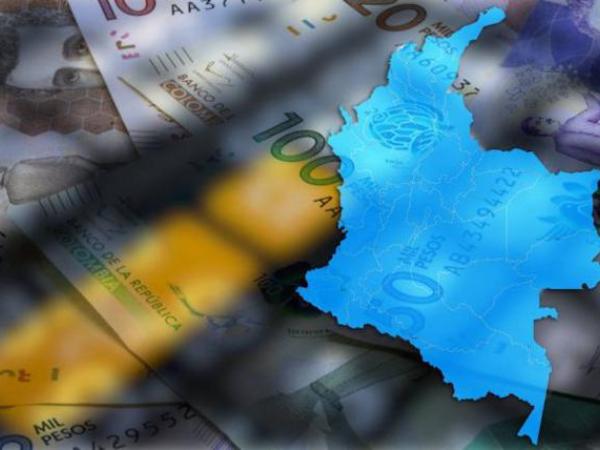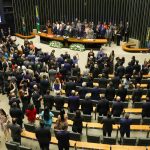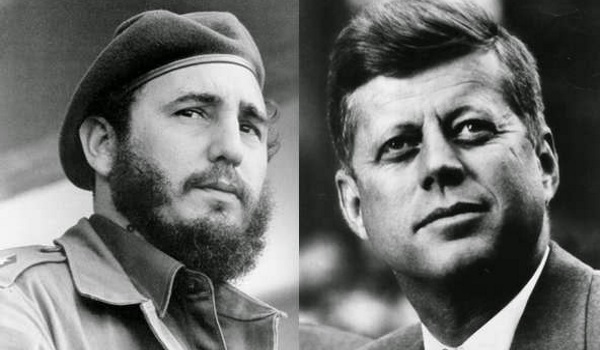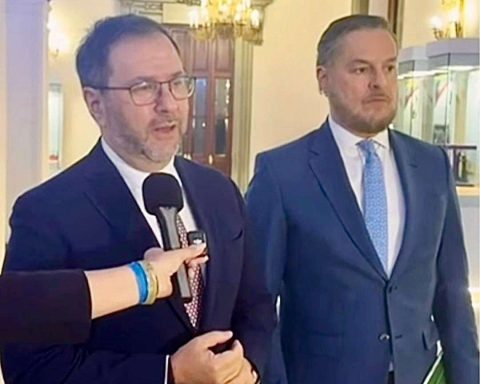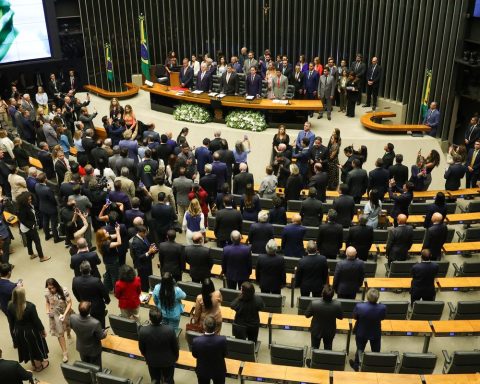The recent JP Morgan report, published this Friday, October 21, revealed that in Colombia there is a “crisis of confidence”. This, due to the combination of “financing needs with a very tight external balance.”
(The price of the dollar was less than $87 from $5,000).
So, according to the largest financial institution in the United States, to avoid further depreciation of the currency that is “self-reinforcing and a sudden stop in capital flows”, a “short-circuit” political intervention is required.
What does this mean? Although the messages to improve confidence, regarding the energy transition and fiscal spending, are necessary for stability in the medium term, to JP Morgan, “Markets also need tangible measures to stabilize in the short term.”
(Investing your savings in dollars: is it good or bad? Experts advise).
So, the Colombian government, led by President Petro, must propose a solid macroeconomic policy roadmap that motivate the arrival of foreign capitaltaking into account the revaluation of the dollar, which is close to $5,000, and the depreciation of the Colombian peso, one of the most devalued currencies in the world.
JP Morgan also expects an increase of 150 basic points, after the meeting of the Banco de la República that will take place on October 28. A higher estimate vs. the previously anticipated 100 basis points and, if so, the interest rate in Colombia would reach 11.5%.
(What opportunities are there with the expensive dollar and who wins in the country).
BRIEFCASE
